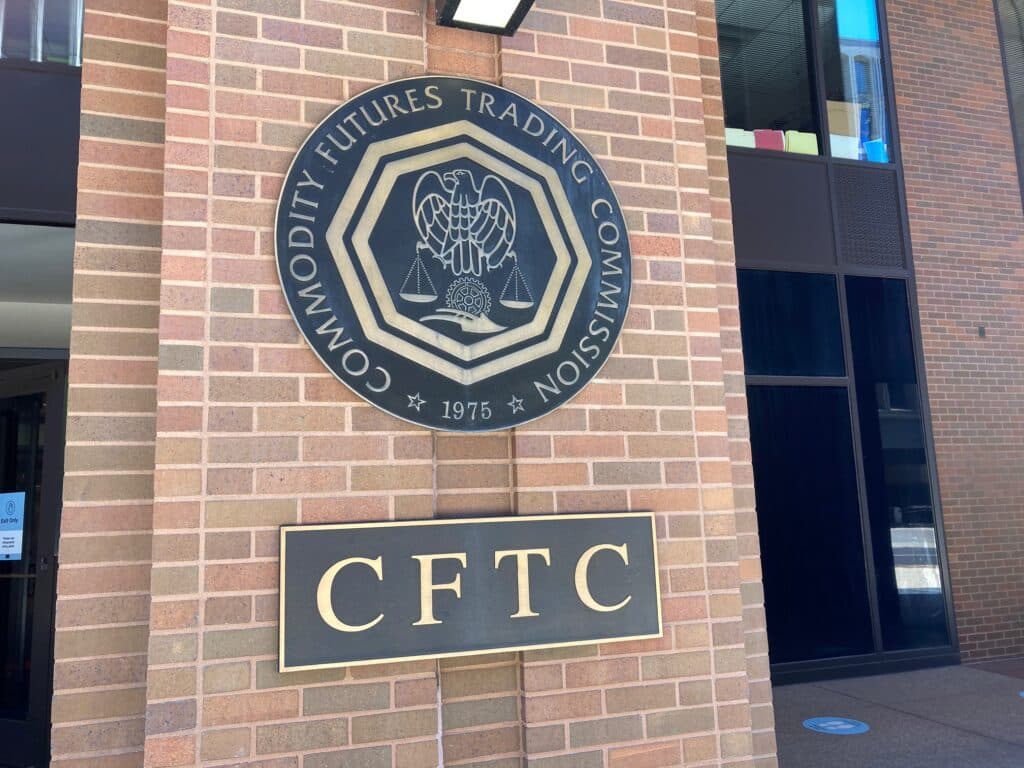On October 4, Senator Chuck Grassley (R-IA) sent letters to three nominees to the U.S. Commodity Futures Trading Commission (CFTC) urging them to support the agency’s whistleblower program.
Each of the three nominees received a letter from Grassley. Acting Chairman of the CFTC Rostin Behnam has been nominated to be the agency’s Chairman, while Christy Goldsmith Romero, the Special Inspector General for the Troubled Asset Relief Program and Kristin Johnson, Asa Griggs Candler Professor of Law at Emory University School of Law are nominees to serve as CTFC Commissioners.
In the letters, Grassley highlighted the success of the CFTC Whistleblower Program, which has “granted whistleblower awards associated with enforcement actions that have resulted in monetary sanctions totaling more than $1 billion” as of April 2021. Additionally, fiscal year 2020 was record-setting in the number of whistleblower tips and award claims the CFTC received: the agency “granted 16 whistleblower awards totaling $20 million during the 2020 fiscal year.”
But the program’s success has come with challenges. Through the CFTC Whistleblower Program, qualified whistleblowers, individuals who voluntarily provide original information that leads to a successful enforcement action, are entitled to a monetary award of 10-30% of funds recouped by the government in the action. The CFTC pays whistleblower awards out of the Consumer Protection Fund, “which is entirely financed by sanctions paid to the CFTC by fraudsters,” according to previous WNN reporting. However, the Fund has a cap of $100 million, meaning that enforcement actions involving large sums of money and corresponding whistleblower awards threaten to deplete the Fund entirely. A reported whistleblower award totaling more than $100 million put the CFTC in danger of its own success in May.
This summer, both the Senate and the House of Representatives passed emergency legislation to fund the CFTC, the bill being an amended version of the CFTC Fund Management Act. President Biden signed into law this emergency legislation on July 6, a decision praised by whistleblower advocates. The law “addresses the financial crisis by creating a fund specifically for the operations of the CFTC Office of the Whistleblower,” prior WNN reporting states.
This new fund is separate from the fund used to pay whistleblower awards. This ensures the Office can continue to operate even if large awards deplete the award fund.”
“The CFTC whistleblower program has been highly successful and if confirmed, you’d be responsible for ensuring its continued success,” Grassley wrote to each nominee. He enclosed a series of questions for each nominee:
“1. If confirmed [to] the CFTC, will you commit to provide the necessary resources to the CFTC whistleblower program, and ensure that whistleblowers receive their awards in a timely manner?
2. Will you work with Congress to identify ways to strengthen the CFTC whistleblower program?
3. Will you support a long-term solution to restoring the whistleblower fund and maintaining the program, such as increasing the cap of the whistleblower fund and allowing the office to use general funds?
4. The larger the monetary award, the more likely a whistleblower is to come forward. While the CFTC is statutorily limited to providing awards between 10%-30%, some whistleblower groups are concerned that an attempt may be made in the future to arbitrarily reduce the size of awards that are perceived as ‘too large.’ Do you agree that whistleblower awards should never be reduced in size simply because they are large?
5. Do you believe that whistleblowers provide a benefit to the workforce and society as a whole?”
Grassley asked Goldsmith Romero an additional question that centered on one of her past decisions and inquired about her stance on whistleblowers. “In 2019, you issued a statement announcing the launch of an ‘intelligence-based process,’ called the Financial Institution Crimes & Fine Database, which ‘identifies crimes proactively without waiting for bank self-reporting, whistleblower tips or regulator referrals.’ Do you believe that whistleblowers are an essential asset in identifying and combatting instances of fraud?” Grassley’s extra question to Goldsmith Romero read.
Grassley requested that each of the nominees provide answers to the questions by October 19, 2021.
Read Grassley’s letter to CFTC Chairman nominee Behnam here.
Read Grassley’s letter to CFTC Commissioner nominee Goldsmith Romero here.
Read Grassley’s letter to CFTC Commissioner nominee Johnson here.
